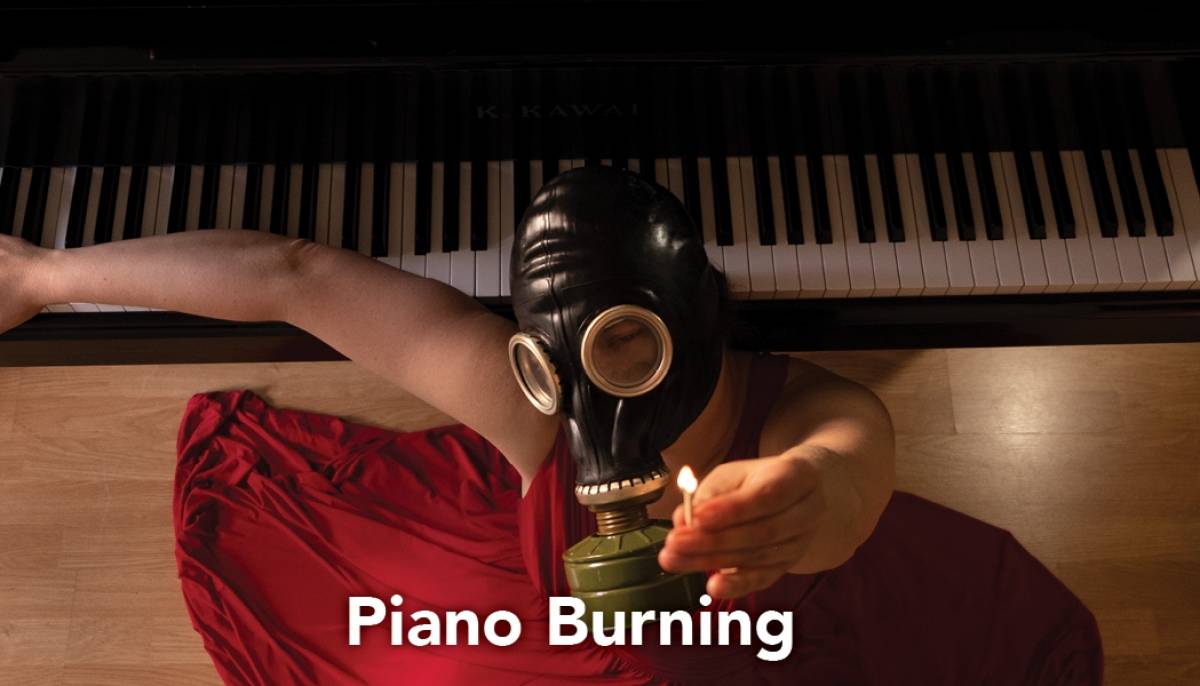by Craig Takeuchi, Georgia Straight, on August 6th, 2021 at 1:57 PM
A scheduled performance at an East Vancouver cemetery involving fire has been postponed after after facing online comments, criticism, and questions.
In response, the Queer Arts Festival (QAF), which began on July 24 and continues until August 13, released a statement today (August 6) from artistic and executive director SD Holman about a planned revisioning of Annea Lockwood’s 1968 conceptual art piece Piano Burning, scheduled to be performed on August 8 at Mountain View Cemetery, located at 5455 Fraser Street.
Lockwood’s instructions for the piece are as follows:
Set an upright piano (not a grand) in an open space with the lid closed.
Spill a little lighter fluid on a twist of paper and place inside, near the pedals.
Light it. Balloons may be stapled to the piano.
Play whatever pleases you for as long as you can.
Although the QAF has a fire permit for the performance, it is postponing the performance to comply with the provincial fire ban.
This performance is separate from Ceremony for Rebel Spirits, which will be performed by dancer Alvin Tolentino and Onibana Taiko on August 7 at the same cemetery.
Holman’s addressed the reaction to the Piano Burning event by providing an explanation of how the performance is based in Indigenous culture.
Holman explained that burning plays a role in many Indigenous cultures and that Canada had banned Indigenous use of fire for a century “as part of Canada’s campaign of cultural genocide”.
After the ban was lifted, Holman stated, two-spirit people continued to experience “barriers to full participation in ceremony despite the place of honour they traditionally held”.
In addition, colonialism introduced European-based gender-defined roles, which Holman pointed out was reinforced through residential schools.
“Even today, Canada periodically bans Indigenous ceremonies, citing public health or safety, indifferent to the deep psychological and spiritual wounds this causes,” Holman stated.
The performance is intended to be a “public declaration of reclamation and empowerment” by focusing on two-spirit artists: elder Sempúlyan; composer Russell Wallace, who created a new composition for the performance; designer Evan Ducharme, who created a fire-proof gown; and Squamish Nation councilor Orene Askew (DJ O Show), who asked to light the fire. Interdisciplinary artist Margo Kane, of Cree and Saulteaux Nations, and her company Full Circle First Nations Performance also provided cultural expertise for the curation.
“Honoured two-spirit elder Sempúlyan wanted to speak at Piano Burning about the spiritual role of fire to communicate with the ancestors; items placed in the fire are sent as offerings to the dead now in the spirit world,” Holman stated.
In addressing criticism about using fire in a performance amid the B.C. wildfires, Holman pointed out that the colonial fire ban “outlawed Indigenous forestry practices and ecological stewardship that included controlled burns to remove potential fire sources.
“Canadian forestry policy paternalistically discounted Indigenous knowledge,” Holman stated.
In response to questions about why a piano is being burned, Holman explained that pianos represent “arguably the peak achievement of European industrialization”.
Russell entitled his composition “A Clean Start”, which pianist Rachel Kiyo Iwassa would perform on the piano, which reflects hopeful outlooks, ranging from a post-pandemic restart to reconciliation and respect.
Iwassa is also slated to perform “Fonax Chemica” by composer Jeffery Ryan, which refers to an “alchemical crucible in which fire magically transforms lead into gold, or base materials into the philosopher’s stone”.
“This collaborative revisioning of Piano Burning invites settlers to witness Indigenous ways of knowing in which we burn not what we despise, but what we cherish,” Holman said. “Annea’s 1968 conception of Piano Burning asks us to confront our terror of change and loss.”
Holman added that while fire is destructive, it is also “purifying, transformative, catalytic, life-sustaining”.
This year’s theme for the arts festival is Dispersed: It’s Not Easy Being Green…, which reflects upon climate issues as well as those who are marginalized.
In response to questions about the event’s impact upon the environment, Holman noted that any harm done by burning one piano is “infinitesimally small in the context of the capitalist growth economy”.
The performance of Piano Burning has been rescheduled to the autumn, with a specific date yet to be confirmed.
You can follow Craig Takeuchi on Twitter at @cinecraig or on Facebook.

